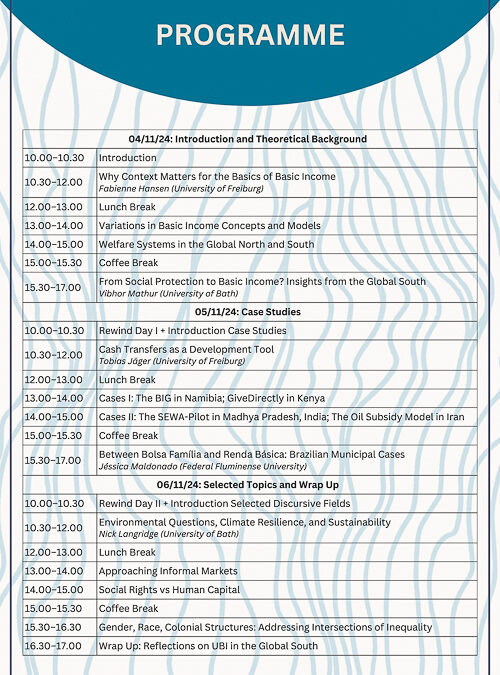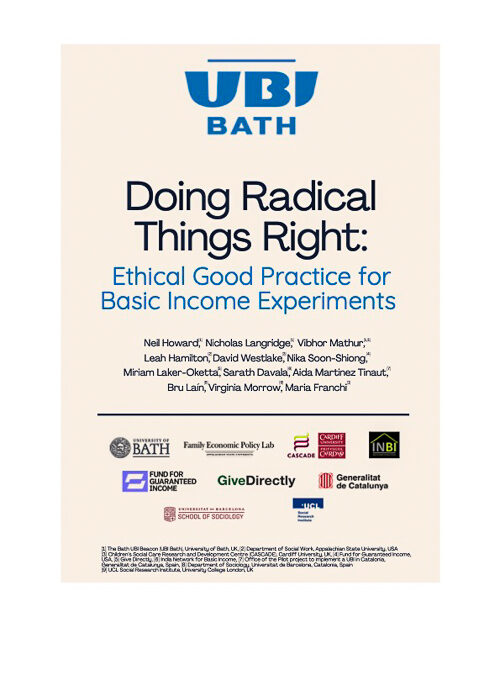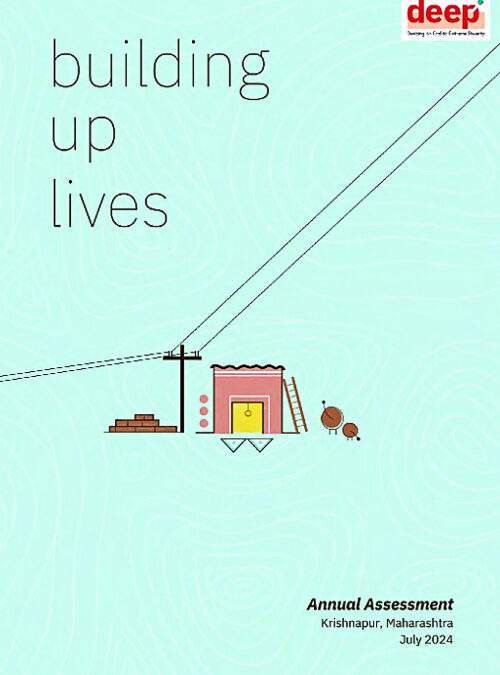
by Peter Knight | Nov 21, 2024 | News
Photo by Amber Weir via Unsplash
Workshop Program: Designing a Basic Income Pilot for Australia – Ethics, Implementation & Evaluation Challenges
Location: Online (Zoom)
Date: Friday, December 6
Time: 9:00 AM – 1:15 PM
Overview:
Pilots, trials, and experiments have played a central role in establishing an evidence base for the potential benefits of basic income and similar concepts. While proponents of basic income often highlight the positive outcomes of these trials, critics question their effectiveness. The relationship between basic income and policy experimentation has been viewed as crucial for building public and political support for the reform, though some argue that it has been a distraction that has failed to deliver policy implementation.
In Australia, the debate around basic income pilots is still in its early stages compared to international efforts. Aside from a small-scale trial in the 1970s, there has never been a comprehensive basic income pilot, and very few detailed proposals have gained significant traction. The Third Annual Australian Basic Income Fellows Workshop seeks to move the conversation forward by focusing on the ethical, practical, and evaluation challenges involved in designing a basic income pilot for Australia.
To learn more and register, click here.

by Jurgen De Wispelaere | Nov 4, 2024 | Research
Photo by Anastasiia Chepinska on Unsplash
Article by Jurgen De Wispelaere, Joe Chrisp, and Leticia Morales in Global Policy
Abstract: This short paper reflects on the key lessons we can learn from the political debate around and policy experimentation with (emergency) basic income schemes in the context of the COVID-19 pandemic. While the pandemic crisis initially seems to have opened up a policy window for introducing a basic income as a crisis instrument, theoretical arguments and empirical observations strongly suggest the reliance of some basic income advocates on crisis events, such as the pandemic, to push forward their policy ideas involves wishful thinking rather than political reality. A feasible roadmap towards introducing basic income requires the hard work of raising public awareness, constructing broad constituencies, and building robust political coalitions rather than waiting for the next crisis to come around the corner.
To read the full paper, click here.

by Neil Howard | Oct 21, 2024 | Events, News
A universal basic income (UBI) is a periodic cash payment unconditionally delivered to all individuals, without means testing or work requirements. Today, a broad variety of ideas surrounding the topic of UBI circulate globally, leading to debates, suggestions, and experimentation, but not to the implementation of what is seen as a “full UBI.” Instead, basic income proposals differ among many dimensions, goals, and localities. Since the early 2000s, a curious trend can be observed in the Global South in this context: With the rise of conditional cash transfers (CCTs), the focus on conditionalities and targeting as development and poverty reduction tools has significantly influenced possible dealings with UBI ideas. But UBI scholars and advocates have influenced the CCT discourse likewise, for example, through the BIG grant in Namibia, the initiative of GiveDirectly in Kenya, the UBI pilot in Madhya Pradesh, India, or the intermingling of UBI advocacy with the social protection program Bolsa Familia in Brazil.
This winter school explores the multifaceted topic of UBI in the context of the Global South, providing an overview of the specific contexts, challenges, and outcomes of UBI pilots and experiments, as well as related and inspired policies and initiatives. It will explore the political and ethical considerations surrounding the debates on UBI in countries of the Global South, including the topics of social rights, equity, and the role of government intervention. Through a variety of case studies, it aims to create a critical understanding of the potential and limitations of UBI as a tool for social and economic transformation in so-called ‘developing countries.’
Attendence is free and can participation is welcome in person and online. Please register here.

by Neil Howard | Oct 18, 2024 | Events, News
Increasing calls for reform to welfare provision have seen growing support for basic income (BI) – the unconditional provision of cash transfers to all. As a result, recent years have seen an exponential increase in the number of pilot experiments of BI, across all parts of the world. However, to date, there has been little discussion of the ethical considerations of such experiments. This paper is the outcome of a workshop whereby BI piloters came together to discuss such ethical considerations, share case studies, and begin to formulate general principles to guide ethical BI experiments. The paper discusses the ethical considerations relevant to the various stages of a pilot experiment and concludes with some general principles: to do-no-harm, maintain respect, dignity, and agency; mitigate power inequalities, promote trust and transparency, and ensure substantive unconditionality. The authors of the paper hope to stimulate discussions towards an ethical protocol for better practice in BI experiments and provide a useful resource to those working on, or interested in, BI research.
To read the report click here.

by Peter Knight | Sep 18, 2024 | News
Project DEEP, incorporated in 2023, is an organization in India implementing unconditional and direct cash transfers for poverty relief. DEEP’s mission is to transfer money directly to people, so that they can carve their own path towards prosperity.
Compelling global evidence demonstrates that this is an effective and scalable model of development. And the recent government movement towards cash transfer programs in India suggest that it is growing to be a preferred tool of social and economic policy.
DEEP aims to build a centre of excellence to spur innovation and build a strong narrative in the space of cash transfers. For this DEEP is building local evidence through program implementation, forming a community of practice to experiment new ideas with peers, and engaging with policy influencers to further strengthen welfare systems.
To read DEEP’s Annual Assessment of its work, click here.






